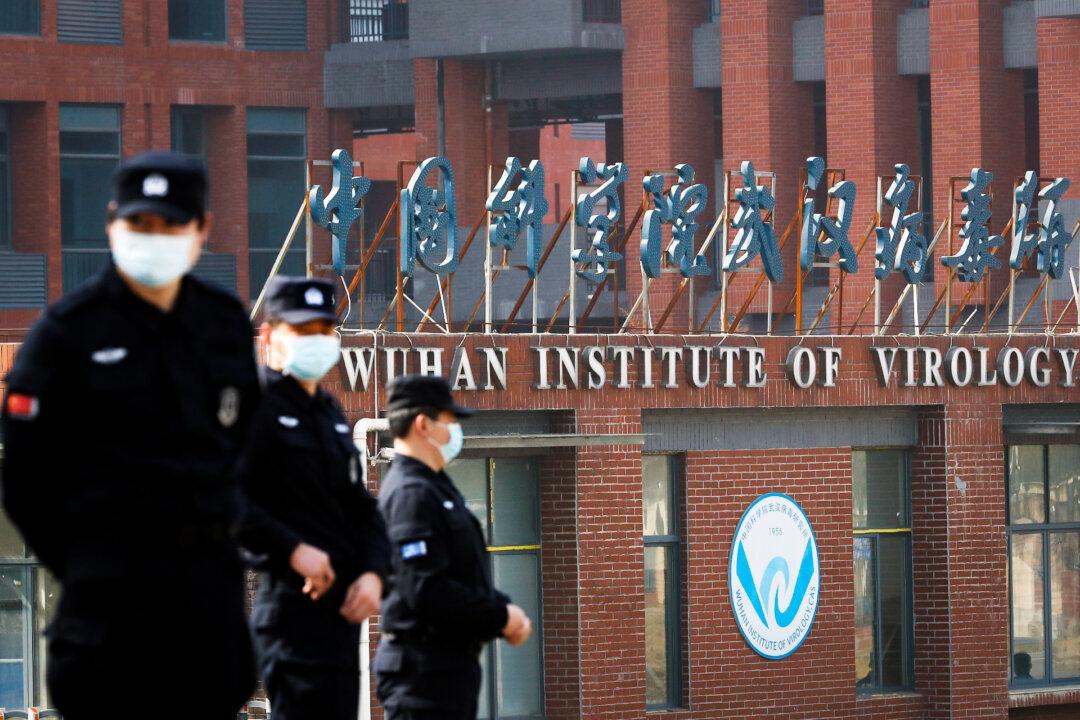A Chinese cryptocurrency trading platform recently collapsed, prompting speculation that the site was running a scam.
On Oct. 15, the platform, Aishang, saw the cryptocurrency traded on its site named Tether plummet from 0.268U (USDT, equivalent to $0.28) to 0.05U within 3 minutes of opening.




